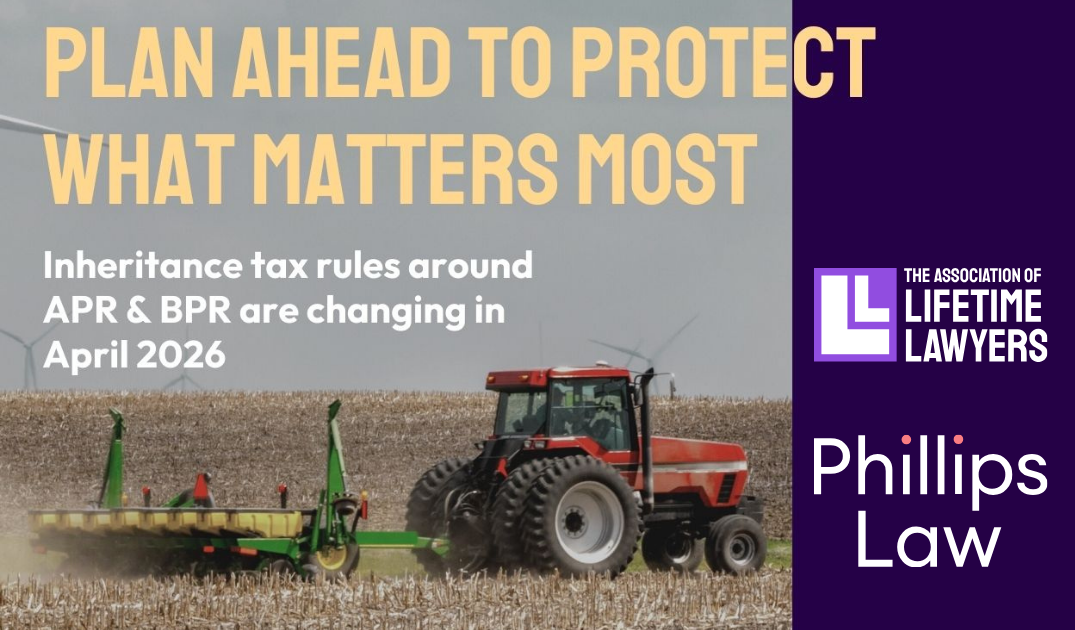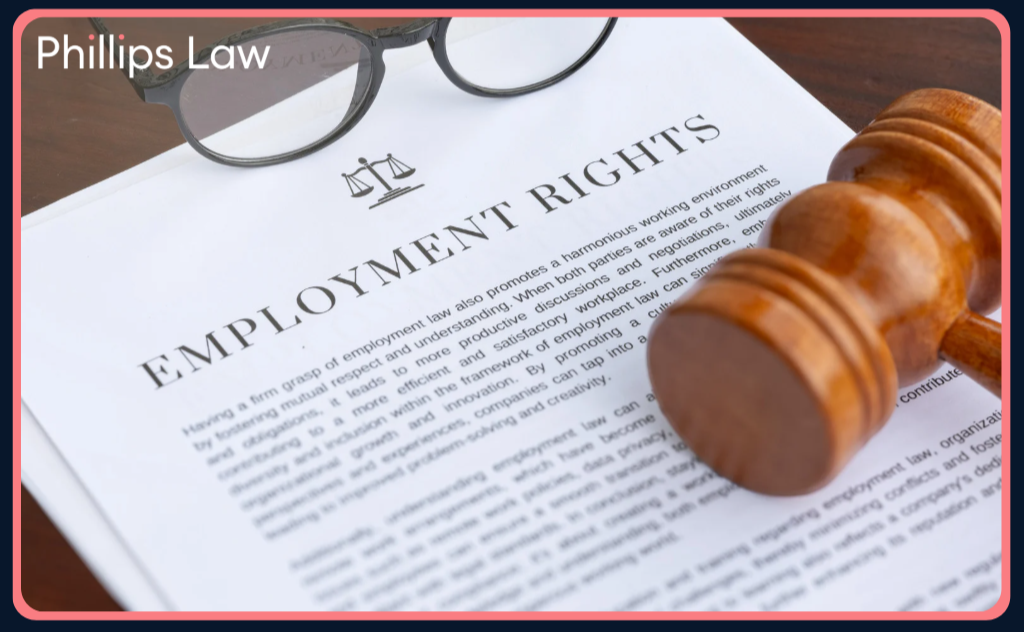
3 January 2020
Are you thinking of helping your child get onto the property ladder? If you are, you are not alone.
According to are recent report from Just Group, over the last five years, parents and grandparents have helped three in every five first-time buyers purchase their property.
Just Group’s My Home, My Future survey of 4,000 people showed that those relying on family funds has tripled over the past 30 years.
There are many positives to helping your child or grandchild with that key start, but there are risks too if you do not have the right advice.
Any confusion on where the money comes from can delay the conveyancing process and in a worse case-scenario lead to the mortgage offer being retracted.
Many people think that giving their children money should be straight forward, but the Anti-Money Laundering (AML) laws, mortgage restrictions and the legal rights of all parties involved need to be addressed.
Parents should not think that they can simply agree with their child that the money is a gift. This is because your child will be asked for proof of funds by their lawyer.
They will require a letter from you confirming that the money you are providing is a gifted deposit and that you will have no rights over the property. Normally a signed letter to your child should be sufficient, with a copy being passed to their lawyer.
Their lawyer will also need to receive photo identification from you, such as a passport or driving licence. They also need a document showing proof of your address, like a bank statement and utility bill.
Furthermore, they will also need to know where the funds came from. For example, was it from a pension draw, the sale of shares or the sale of a house?
If it is money coming from savings, you will have to provide bank statements showing how the money has been accruing over the last two to six months.
For more details and information call Zoë Baxter, head of the Residential Property team at Phillips Solicitors on 01256 854623 or email [email protected]
Disclaimer
This article is current at the date of publication set out above and is for reference purposes only. It does not constitute legal advice and should not be relied on as such. Specific legal advice about your specific circumstances should always be sought separately before taking any action.
Contact Us
Please call us or email and we’ll get back to you as soon as possible.

We are delighted to announce that Phillips Law is the regional sponsor of the Knight Frank Schools Triathlon, supporting both the Charterhouse and Marlborough events. The Schools Triath ...
More
What farming families and business owners need to know If you own a farm, land, or a family business, you will have undoubtedly heard that inheritance tax (IHT) rules are changing. Whil ...
More
We are about to see a great wave of Employment Law changes following the Employment Rights Act 2025 becoming law in December. We will use these updates to keep you abreast of the change ...
More
As we look back on a busy and notable January at Phillips Law, we wanted to share a round-up of recent milestones, insights, and community moments from across the firm. Phillips Law cel ...
More
A guide to share incentivisation for employers and an update on the new employment rights. We have created a morning of practical insight that focuses on how you can reward and retain y ...
More
We are proud to announce Victoria’s Promise as Phillips Law’s Charity of the Year for 2026. Victoria’s Promise is a local charity providing dedicated support to young women aged 25 to 5 ...
More